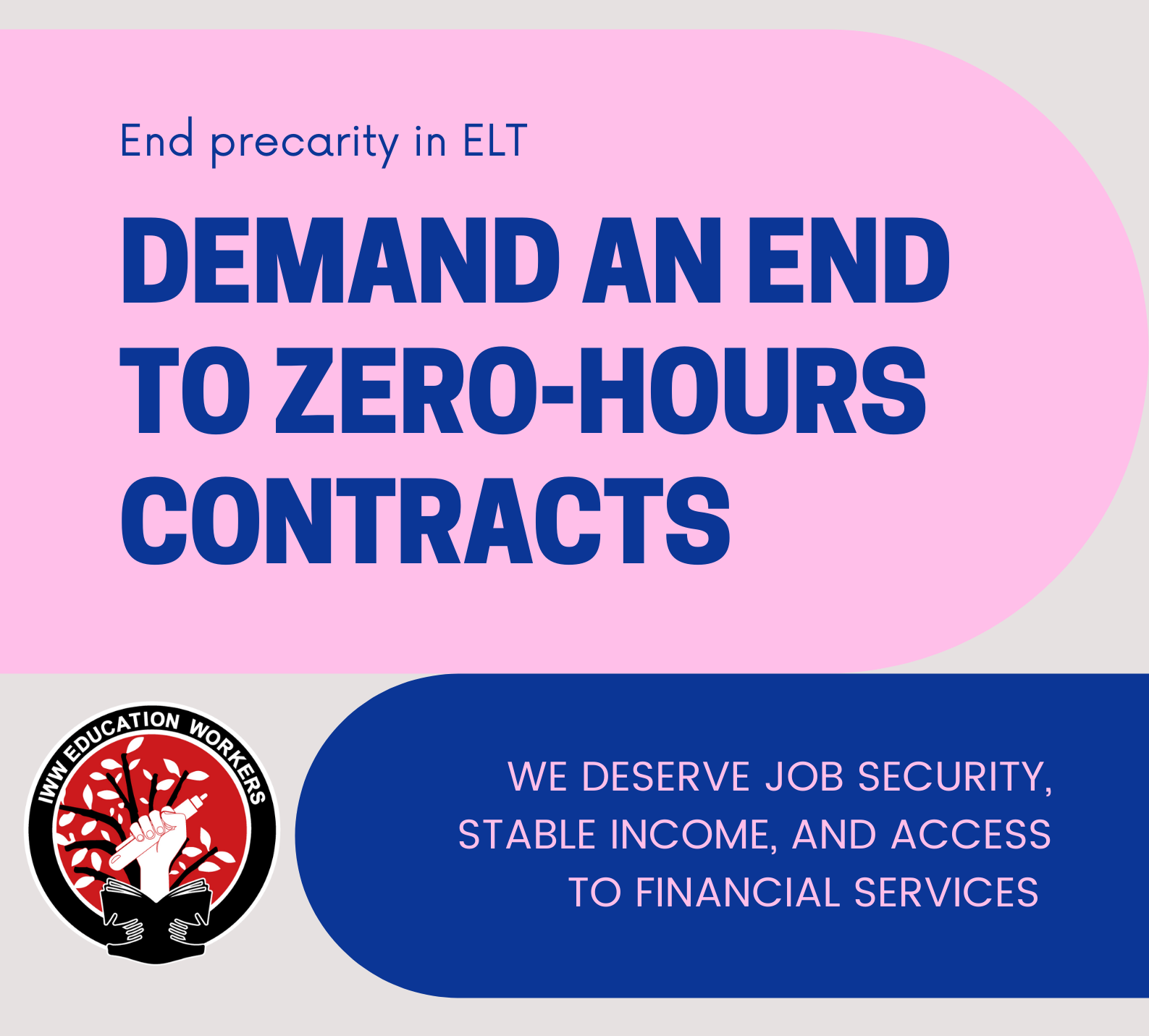In Summer 2019, the teachers at a central London school were facing some difficulties at work. Difficulties that we as TEFL teachers are all familiar with. There had been no pay rise in line with inflation, they were on zero-hours contracts and had only one sick day per year.
Their first port of call was to informally bring the matter up with management and ask for some justification as to why there had been no pay rise in line with inflation. Management’s offer was a feeble 20p extra an hour, an insult to the hard-working teachers.
“It was ridiculous” said one teacher of the first offer.
It was then that the teachers contacted the TEFL Workers’ Union. The lead organiser met with them and gave them some initial ideas about how to organise collectively and democratically. Some of the teachers attended union representative training which increased their collective knowledge that proved “invaluable”
“All the teachers were in agreement except one, it was a very democratic process.”
After discussing what they wanted together, and with help from the TEFL Workers’ Union, they wrote a collective letter with a set of demands regarding pay, holiday pay and contracts that they gave to management together during a meeting.
“Over the course of the next week management tried to pick up off individually.”
Management tried to set up individual meetings, but the teachers refused to resolve the issue in any other way than collectively. One day, everyone came to work in the same blue coloured T-Shirt as a sign of solidarity.
“That’s when they really started to take us seriously.”
It was all concluded pretty quickly after that. The teachers got a pay rise in line with inflation, 30 holiday days per year plus one extra of each year of service, they have brought in 15 and 30 hour contracts and a human resources employee has also been hired.
This success demonstrates what can be achieved if we as workers organise collectively.
